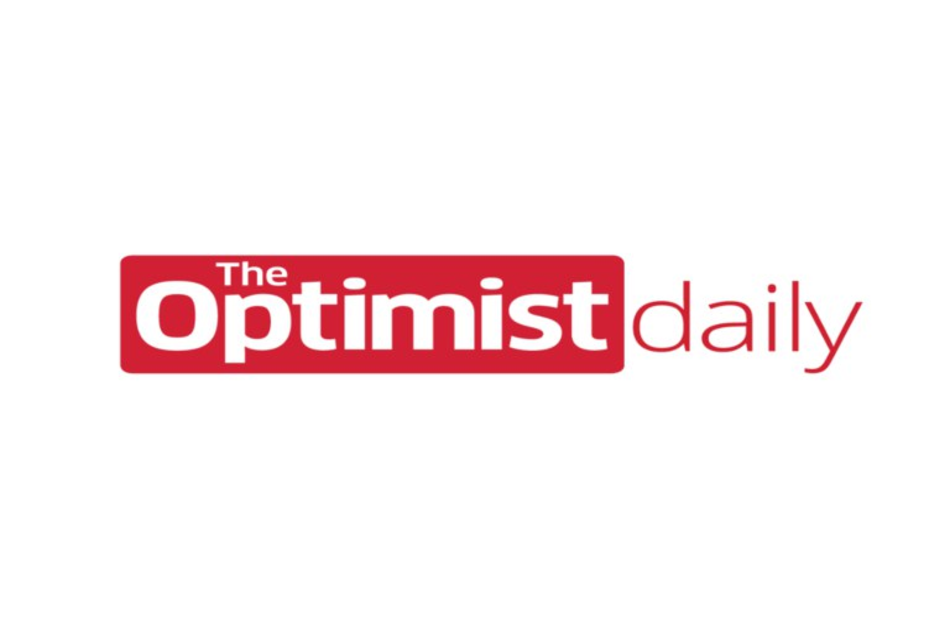Some people stand by the statement that breakfast is the most important meal of the day, while others skip it altogether.
According to findings of a 2019 research review that looked at 13 breakfast studies, eating breakfast in the morning wasn’t a reliable way to lose weight, and skipping the morning meal likely doesn’t lead to any weight gain. So, what’s the deal with breakfast? Here’s what scientists have to say.
Does eating breakfast help you lose weight?
There are studies out there that suggest that breakfast eaters tend to weigh less and burn more calories throughout the day compared with breakfast skippers. That said, there are likely other lifestyle and socioeconomic factors that are driving this correlation. For instance, taking the time to have breakfast is easier for individuals who work nine-to-five jobs than it is for those who work night shifts.
The idea that eating earlier in the day is key for weight-loss stems from high-profile studies, some of which were funded by cereal companies like Quaker and Kellogg. However, other research hasn’t found a very strong connection between eating breakfast and weight loss.
Sharon Collison, a registered dietitian nutritionist and clinical instructor in nutrition at the University of Delaware, has made some anecdotal observations of her own clients, and finds that “people who struggle with weight tend to eat more of their calories later in the day and less earlier in the day.”
She goes on to say that “people who don’t eat enough earlier in the day may have increased hunger and increased cravings later in the day and will end up eating more,” however more research is needed.
Is it unhealthy to skip breakfast?
Collison is an advocate for eating breakfast—not skipping it—for a range of reasons.
“People who consume breakfast regularly often have increased physical activity. They have better dietary profiles and lower intake of snacks,” Collison explains. “Skipping breakfast is associated with increased disease risk—not only obesity but diabetes, heart disease, and just lower dietary quality.”
For those who simply aren’t hungry in the morning, Collison suggests looking at your overall eating habits. Those who wake up without an appetite often have other problematic eating habits like snacking at night. “If you eliminate that snacking and then wake up hungry and eat a good breakfast, your overall dietary pattern is going to be so much better, and your health status is going to be better,” she adds.
What’s the healthiest breakfast?
According to Collison, a healthy breakfast should contain four things: protein, whole grains, healthy fat, and fruit or vegetable. Research suggests that protein and fat will keep you fuller for longer, which will reduce the urge to snack unnecessarily later. Whole grains and produce help increase your intake of fiber, vitamins, and minerals.
She recommends Greek yogurt with nuts, berries, and whole-grain cereal or farro, or oatmeal made with milk, nut butter, and fruit.











